American Muslims on #BlackLivesMatter and anti-racism activism
The past couple of weeks have been fraught with unjustified shootings of Black individuals. We even saw the terrifying killings of 5 police offers in Dallas. #BlackLivesMatter has been trending for days now. Many influential Muslims activists have used this news presence to rally other Muslims for the cause.
In Islam, activism is an essential element of dawah, which is the act of calling people to Islam. A number of American Muslim activists have taken this aspect of dawah to heart, especially in a time when Islam and Muslims are widely maligned. In addition to helping restore the image of Islam, these activists are also striving to intertwine the concept of dawah with the concept of American activism. Check out some of the actors and their work below.
Linda Sarsour
On July 8, Linda Sarsour, a Palestinian racial justice and civil rights activist and also co-founder of Muslims for Ferguson organized a conference call to bring together all Muslim organizers, activists, chaplains, religious leaders, and imams to discuss Muslim’s commitments and action to fight for and protect Black lives. The call was titled, Alton Sterling, Philandro Castile: Muslim Call To Action.
Along with Sarsour, presenters on the call included the co-founder of MPower Change, Dawud Walid; co-founder of Muslims for Ferguson; Imam Zaid Shakir; Katrina Rodgers & Crystal Williams, Baton Rouge Matters; Jaylani Hussein, Somali American Organizer, ED, CAIR MN; and Margari Aziza, Program Director, Muslim Anti Racism Collaborative.
“We are ready to fight harder than we ever have for Black sisters and brothers including our own dear Black sisters and brothers in the Muslim community. No more sitting on the sidelines. No more empty outrage. We got you,” Sarsour said.
Watch Linda Sarsour hit some solid points about the realities of the murders of the black individuals like Tamir Rice, Sandra Bland, Freddie Gray and others. http://www.goodcast.net/play/sK8IRMaq
Imam Omar Suleiman of Louisiana:
The Imam of Valley Ranch Islamic Center in Louisiana, Omar Suleiman, was invited to help lead prayers at Tuesday’s memorial service in Dallas for five police officers shot and killed in the Texas city last week. Imam Suleiman was at the demonstration against police brutality last Thursday night when the shooting started. Upon hearing the shots, the Imam fled for his life and survived.
“I was there for my city, my faith, and my country,” he says. “I was there because I love Dallas. … My faith requires me to speak out against hatred and injustice of all sorts. And I was there for my country, because this is not the path that I want to see my country go down.”
Imam Suleiman is also a strong advocate of community service, interfaith dialogue, and social justice. He served as the field coordinator of ICNA Relief in Hurricane Katrina and also co-founded the East Jefferson Clergy Interfaith Council. In 2010, the Mayor and City Council of New Orleans awarded him for “Outstanding Civic Achievement.” He is a current member of the ICNA Shariah Council.
Watch the poignant speech that was attended by President Obama, his wife and Joe Biden: https://www.facebook.com/imamomarsuleiman/videos/1207706039249435/
Watch a Khutba Imam Suleiman made recently regarding the #DallasShooting and #BlackLivesMatter: https://www.facebook.com/imamomarsuleiman/videos/1204746366212069/
Sister Margari Aziza, altM Assistant Editor and programming director at the Muslim ARC – Muslim Anti-Racism Collaborative, compiled a toolkit to guide actions Muslims should take in response to police brutality.
Muslim ARC launched in 2014 with a series of social media campaigns during Black History month to celebrate the contributions of Black Muslims and address the discrimination they faced. Within a week of launching, Margari Aziza and her colleague, Namira Islam, a Bangladeshi American Muslim, started to strategically plan for a human rights education organization that could train leaders to address intra-Muslim racism. Through many needs assessment studies and countless interviews, Aziza and Islam found that the community was woefully lacking in knowledge about racial justice, thus they decided to invest in this initiative. It has now been three years since they commenced outreach and advocacy.
Aziza speaks about the positive impact this ambitious approach has done on the Muslim community, “MuslimARC has helped sustain conversations about racial justice in the Muslim community. We have written open letters such as the Call to Justice that we co-wrote with Muslims for Ferguson, we’ve amplified grassroots efforts, I’ve helped facilitate roundtables on Black Lives Matter at ISNA, a panel at Mosque Cares. For almost two years, I’ve been curating the Black Lives Matter Toolkit. “
The BLM toolkit can be found here: http://www.muslimarc.org/blacklivesmatter/
This list is a practical approach to how Muslims should support the Black community with their current plight. For those Muslim individuals (black and non black) who are wondering how to assist and support the black community, here are some pointers from Aziza, “I would tell non-Black Muslims to first begin with some seriously self reflection on their internalized racism and the social barriers that may have kept them from connecting their struggle. They should first think about supporting Black Muslim leadership and Black Muslim led initiatives. Inner city Black masajid are at the forefront of social justice issues, by providing direct services, self-help, and education resources to the local community. They should begin donating to Black American Muslim leaders, they should invest in leadership training and mentoring of inner city Black youth. Support less popular programs, such as education programs for incarcerated Muslims, re-entry programs, housing programs. Many suburban masajid invest so much in buildings, but not as much in people and social services. Let’s draw upon our faith to begin to offer solutions. Support bail funds for people who are arrested in non-violent protests. Many Black people and working class folks who are getting arrested don’t have the resources for legal support. If any Muslims out there would kick start that, I would be so grateful.”
Watch the video below where Margari Aziza Hill explains what it takes to rid our communities of racism.
For future projects, Muslim ARC is currently working on a short video to help people understand what resources the collaborative offers. They are including numerous valuable articles and links and plan on annotating the links, create original info graphics that other people can utilize.
Khalid Latif:
Imam Khalid Latif is a University Chaplain for New York University, Executive Director of the Islamic Center at New York Univeristy, and a Chaplain for the NYPD. He is also the co-founder of Honest Chops, the first-ever all-natural/organic halal butcher in NYC, the Muslim Wedding Service, an agency specializing in providing inspirational marriage officiants for wedding ceremonies. Under his leadership, the Islamic Center at NYU became the first ever-established Muslim student center at an institution of higher education in the United States.
Imam Latif has impeccably managed to foster dialogue with people of other faiths in order to clarify misconceptions and encourage mutual education.Through his work Imam Latif has demonstrated not only an exceptional dedication to gaining and disseminating religious knowledge and values, but has begun to carve out a much-needed space for young American Muslims to celebrate their unique identity and have their voices heard in the larger public sphere.
He is also a sought out speaker haven spoken on multiple different media platforms including BBC, Huffington Post, NPR, CNN, and the New York Times. On his Facebook page, where he posts regularly about his thousghts and upcoming events, he posted an insightful video where he eloquently expressed his thoughts about the recent #BLM movement. A quote from the video, “ “Most of us don’t have a genuine love for black people, whether we admit it or not. Until we do, we won’t really see black people as equals to us. That includes a white majority as well as other minority groups. As a Muslim, I could tell you a lot of Muslims are racist and don’t treat black people, both Muslim and from other walks of life, well at all.”
Watch the full video here: https://www.facebook.com/khalid.latif/videos/1578951125532557/
Imam Latif also regularly blogs his reflections during the month of Ramadan featured on HuffPost Religion. He recently wrote a personal blog articulating his thoughts on the #CharlestonShooting. The Blog post can be found here.

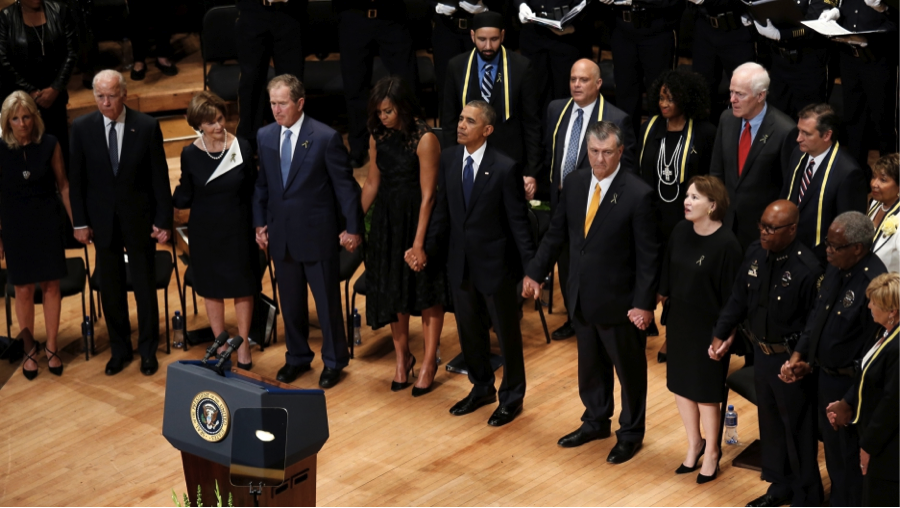
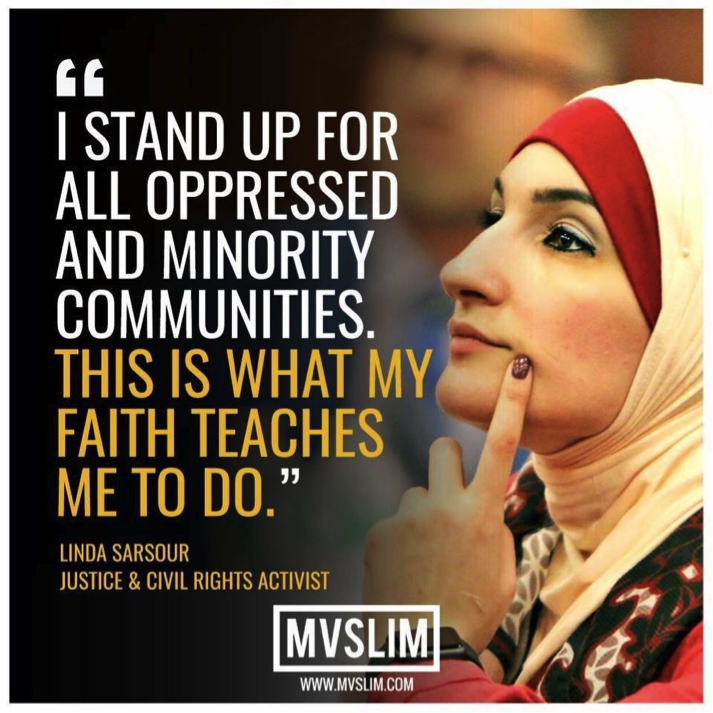

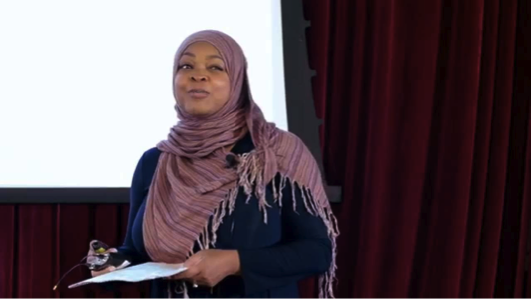

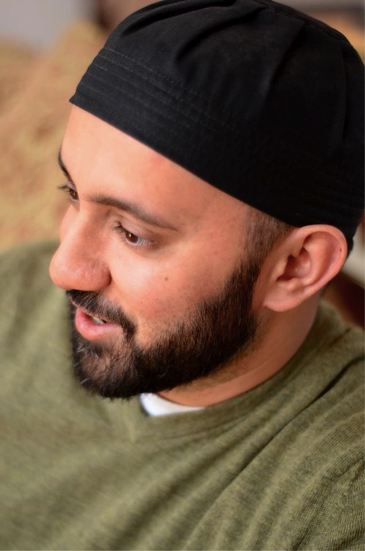
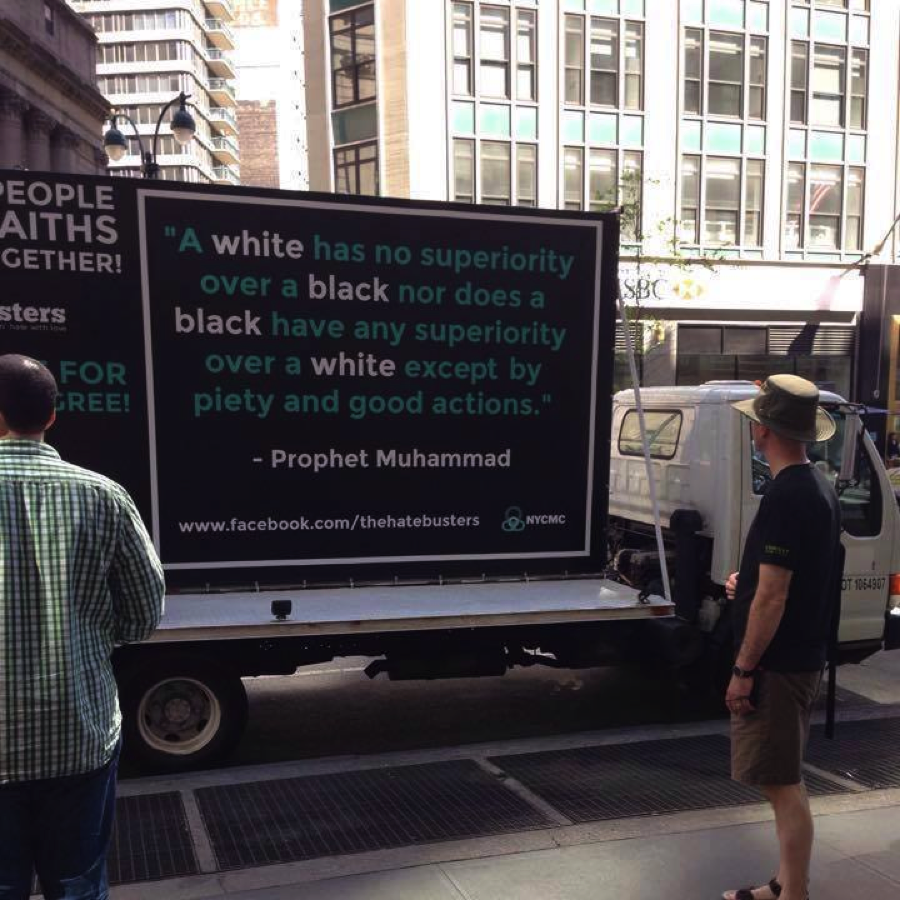



9 Comments